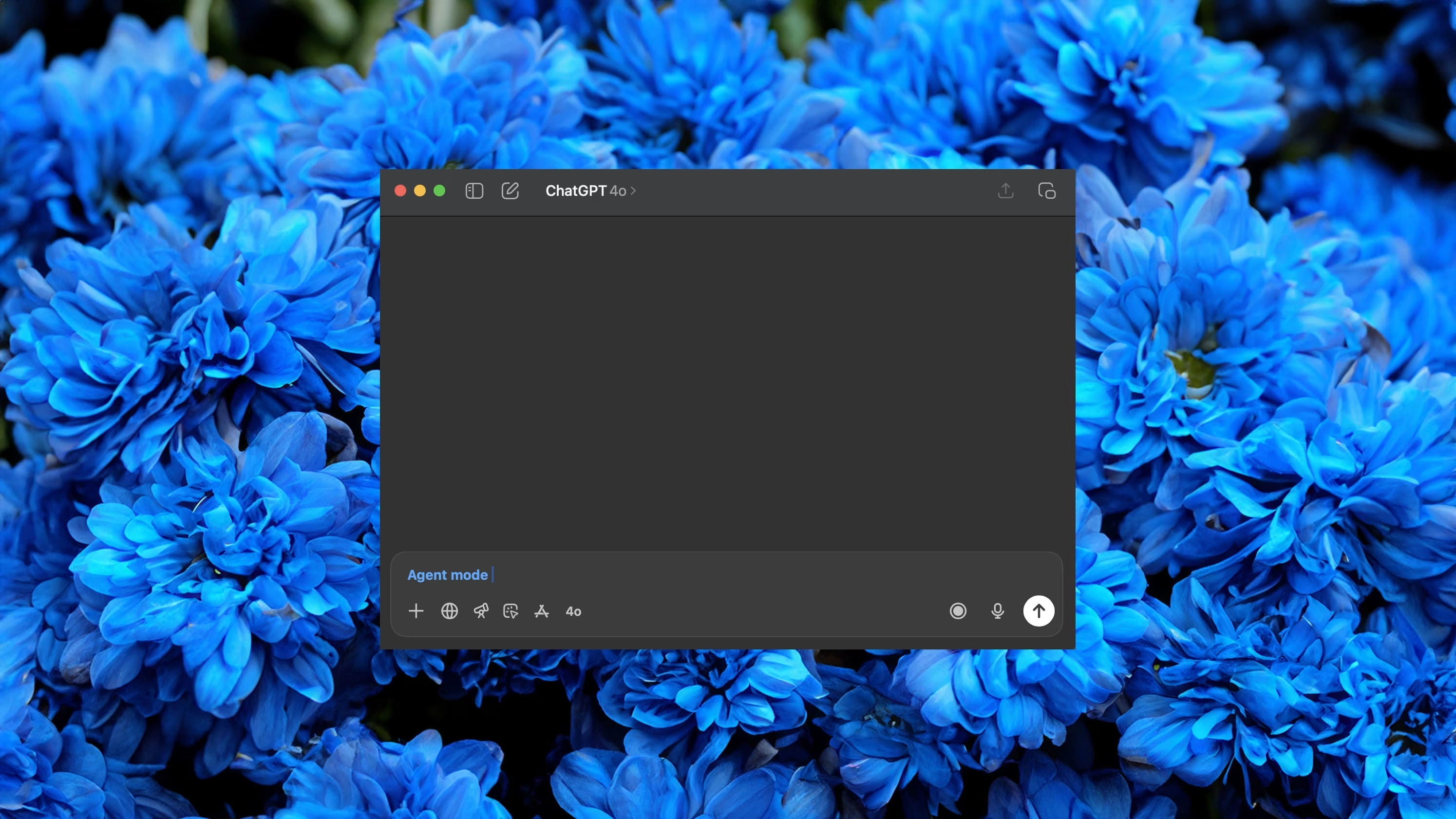OpenAI's Agent Mode Lands on macOS: A Game Changer for Plus Subscribers
Remember when our AI assistants were largely confined to a chat window, waiting for our every prompt? Well, that era is rapidly evolving. OpenAI has just rolled out its much-anticipated Agent mode to the ChatGPT macOS app, and it’s available right now for Plus subscribers. This isn't just another incremental update; it’s a significant leap towards a more autonomous, proactive AI experience on your desktop. And honestly, it’s pretty exciting.
What Exactly is Agent Mode?
For instance, imagine needing to research a specific topic, summarize the findings, and then create a slide deck based on that summary. Previously, you'd prompt ChatGPT for the research, then copy-paste and prompt for the summary, then copy-paste again and prompt for the slide deck outline. With Agent mode, the AI can potentially handle that entire workflow. It's about giving the AI more agency, allowing it to interact with your system and tools to get things done. This is a big step forward, it changes how we interact with AI.
The Rollout: Who Gets to Play?
So, who gets access to this new capability? The rollout is currently targeting OpenAI's Plus subscribers, those paying the $20 monthly fee. If you're on a Plus plan and haven't seen it yet, don't fret; these things often roll out in waves, so it might just be a matter of days. It's a global rollout too, with users in the EU also gaining access, which is great news for our European counterparts.
Now, here's where the tiers come into play, and it’s an important distinction. While Plus and Team subscribers get access, there are usage limits. From what I’ve gathered, Plus and Team users are currently looking at around 40 tasks per month. Pro users, on the other hand, seem to be entitled to a more generous 400 tasks monthly. This tiered approach makes sense from a business perspective, but it's definitely something to be aware of if you plan on leaning heavily on Agent mode for your daily grind.
Boosting Productivity: Real-World Impact
The immediate and most obvious benefit of Agent mode is the potential for a massive productivity boost. For professionals in fields like tech, finance, or even creative industries, the ability to offload time-consuming, repetitive tasks to an AI agent is a game-changer. Imagine automating data analysis, generating code snippets, or even drafting initial reports and presentations.
This moves us beyond mere information retrieval. We're talking about an AI that can actively participate in your workflow, reducing the manual effort involved in research, synthesis, and even creation. It's like having a highly efficient, tireless assistant who's always on standby. The impact on productivity is clear, especially for those who spend their days buried in data or drafting reports. It frees up human intellect for more strategic, creative, and complex problem-solving.
Navigating the Ethical Waters of AI Autonomy
Of course, with greater power comes greater responsibility, and the introduction of more autonomous AI agents inevitably brings ethical considerations to the forefront. The idea of an AI operating with more independence, interacting with your system and potentially external tools, raises questions about control, transparency, and data privacy.
How much autonomy is too much? What happens if an agent makes an error, or acts in a way we didn't intend? These aren't just theoretical concerns; they're practical challenges that OpenAI and the broader AI community must address as these capabilities become more widespread. It underscores the critical need for robust safeguards, clear user controls, and ongoing ethical discussions to ensure responsible AI development. It's a delicate balance, isn't it? Between empowering users and ensuring safety.
OpenAI's Strategic Vision and the Future
OpenAI's move with Agent mode isn't just about a new feature; it’s a clear statement about their strategic direction. They're pushing the boundaries of what AI assistants can do, aiming to position ChatGPT not just as a leading language model, but as a comprehensive productivity platform. This evolution from a reactive chatbot to a proactive agent aligns perfectly with the broader industry trend towards more integrated and intelligent AI assistants.
Compared to earlier iterations of ChatGPT, where you were essentially having a sophisticated conversation, Agent mode represents a qualitative leap. It’s about the AI taking initiative, understanding context over multiple steps, and executing tasks. This trajectory suggests a future where AI agents become even more deeply embedded in our digital lives, handling an increasing array of complex tasks. It's an exciting, if slightly daunting, prospect. What will our digital workspaces look like in just a few years? I, for one, can't wait to find out.
